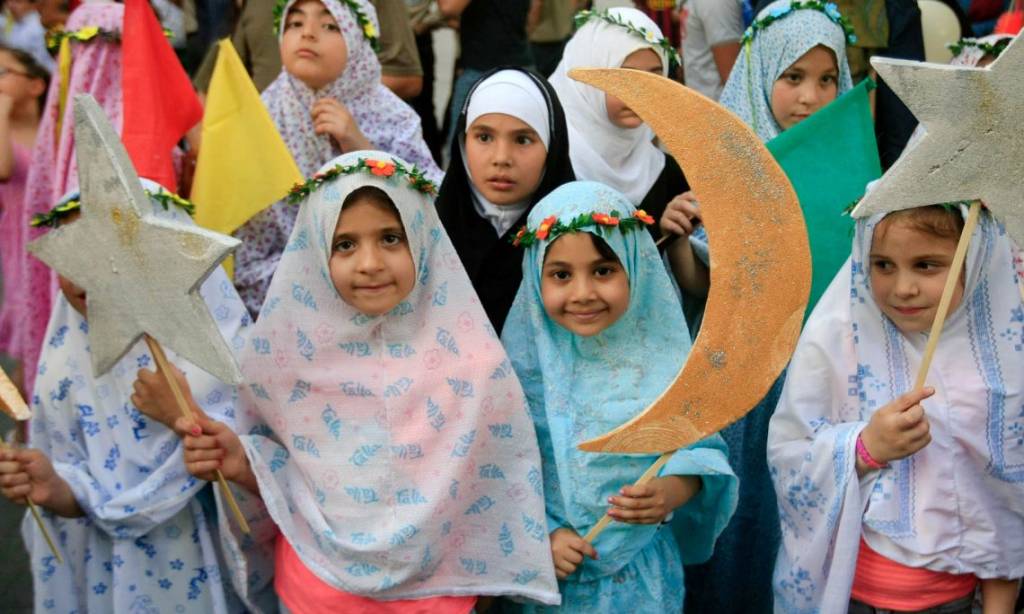Today marks the first day of the holy month of Ramadan, during which time 1.6 billion people (approx. 22% of the world’s population) will be fasting from dawn till dusk.
This month provides the chance to reexamine how we interact with the natural world: Ramadan is the month that the Qur’an was first sent down, therefore Muslims remember the month each year by fasting, remembering Allah and recommitting to following the dictates of Allah as delineated in the Qur’an and Hadith (sayings of prophet Muhammad PBUH). Since the Qur’an and Hadith speak often of the need to protect the environment, Ramadan is the perfect time to examine what needs to be done to protect our environment.
Since the Paris agreement was signed in December 2015, the threats of climate change have become even more clear. Climate impacts are taking us into uncharted territory in terms of floods, forest fires, heatwaves, storms and drought. 2016 was the hottest year in recorded history, the polar ice sheets have both seen dire events this year, and super storms have ravaged communities across the planet.
The threat from climate change has never been more real, and more present adding urgency for climate action. And we know what needs to be done: keep fossil fuels in the ground and commit to 100 % renewable energy. We urgently need to halt any new fossil fuels projects and phase out existing projects in order to stabilise greenhouse gas concentrations in the atmosphere. And this was exactly the message relayed by Islamic leaders in the lead up to the Paris conference in 2015.
Where we are seeing climate action and leadership is in many communities worldwide rising to lead the transition away from fossil fuels.
Around the world, the fight for a just transition away from fossil fuels is being waged on the grassroots level from Kenya to Belarus, the Philippines to Brazil, Chile to Indonesia and beyond. In Kenya, Green Sun Cities are campaigning to get Nairobi’s universities to use 100% renewable energy. In South Africa, the African Climate Reality Project is urging the city of Johannesburg to transition to renewable energy as well. The year-old Global Muslim Climate Network as part of the Clean Energy Mosques Campaign is calling on Mosques across the world to take concrete measures to reduce energy consumption and go fossil-free. These efforts show us how everyday people are taking on climate action at the local level to make a difference.
Whether or not someone is a Muslim fasting for Ramadan, this month is an opportunity for us to be together, and an invitation to focus on reflection and spiritual growth, forgiveness, patience and resilience, and unity across communities as we continue our fight against climate change.
